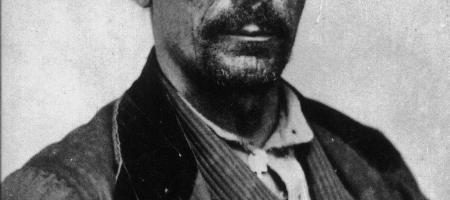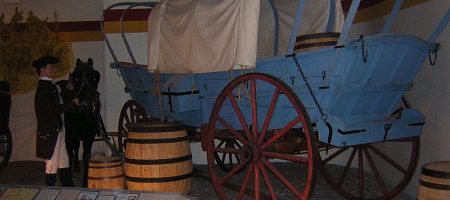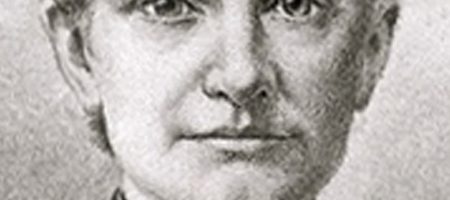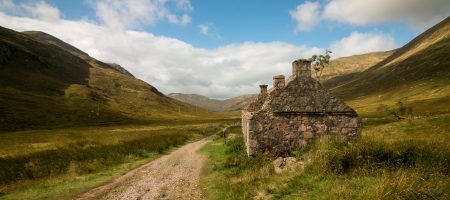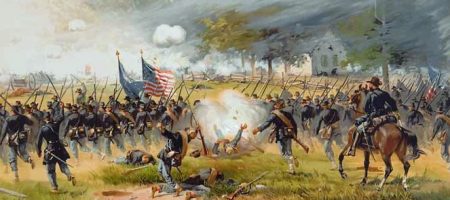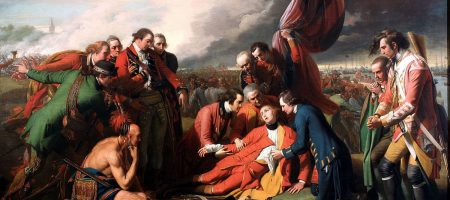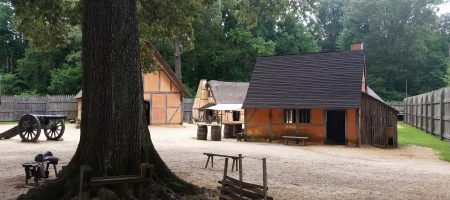1922 Rules of Etiquette: Greetings When Introduced
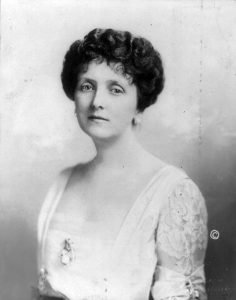
What To Say When Introduced
As explained in the foregoing chapter, the correct formal greeting is: “How do you do?” If Mrs. Younger is presented to Mrs. Worldly, Mrs. Worldly says “How do you do?” If the Ambassador of France is presented to her, she says “How do you do?” Mrs. Younger and the Ambassador likewise say “How do you do?” or merely bow.
There are a few expressions possible under other circumstances and upon other occasions. If you have, through friends in common, long heard of a certain lady, or gentleman, and you know that she, or he, also has heard much of you, you may say when you are introduced to her: “I am very glad to meet you,” or “I am delighted to meet you at last!” Do not use the expression “pleased to meet you” then or on any occasion. And you must not say you are delighted unless you have reason to be sure that she also is delighted to meet you.
To one who has volunteered to help you in charitable work for instance, you would say: “It is very good of you to help us,” or, “to join us.”
In business a gentleman says: “Very glad to meet you,” or “Delighted to meet you.” Or, if in his own office: “Very glad to see you!”
Subject: Etiquette
Author: Emily Post (1872 – 1960)
Published: 1922


